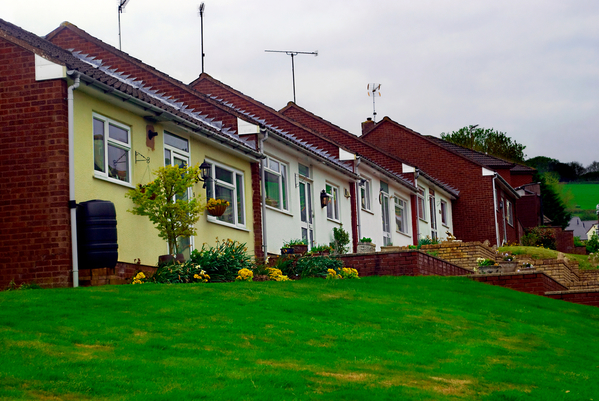You are viewing 1 of your 1 free articles
More than half of older people ‘would consider living in bungalows’
An increase in the number of bungalows being developed could help deal with the shortage of specialist housing for older people, a new report has claimed.
A YouGov poll, commissioned by retirement house builder McCarthy & Stone, found that more than half (54%) of people aged over 65 would consider moving into a bungalow.
More than two-thirds (69%) of respondents to the survey also said they would support the building of bungalows exclusively for the use of older people.
The number of single-storey homes being built in the UK has dropped from 26,000 in 1986 to 2,600 in 2017.
A House of Commons select committee report on housing for older people, published in February 2018, called on councils and developers to look into building more bungalows, but planning rules tend to favour higher-density projects.
Clive Fenton, chief executive of McCarthy & Stone, said: There is an urgent need to build more suitable housing to meet the different needs of those in retirement, and bungalows must play a key role. Though they were a dying breed, bungalows are making a comeback and are hot property.
“As the UK rapidly ages, more and more people want to downsize from their large family homes to a bungalow, which is smaller, easier to maintain and offers independent living. In doing so, they free up homes for the UK’s younger generation, and also keep older people healthier and happier for longer. It’s a win-win for everyone.”











